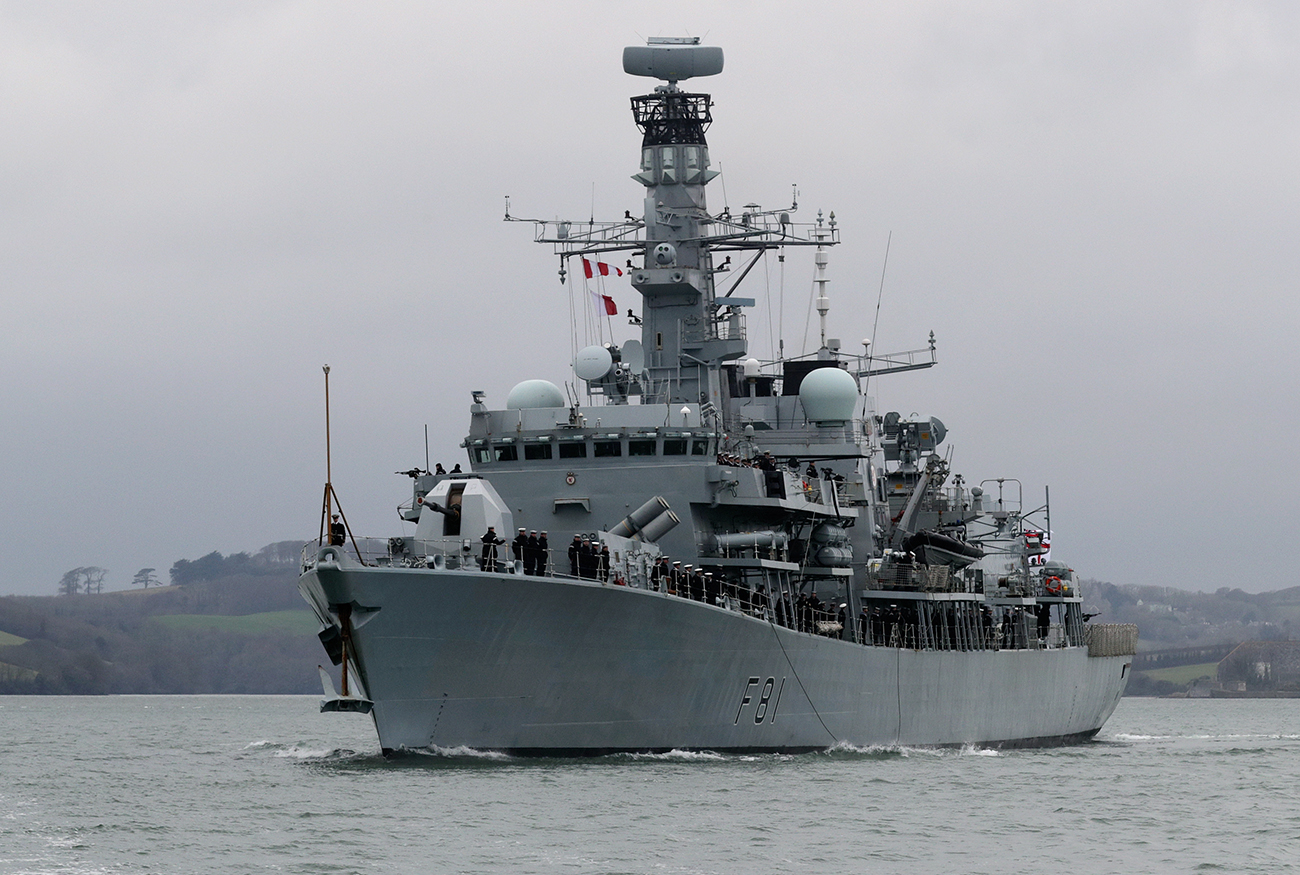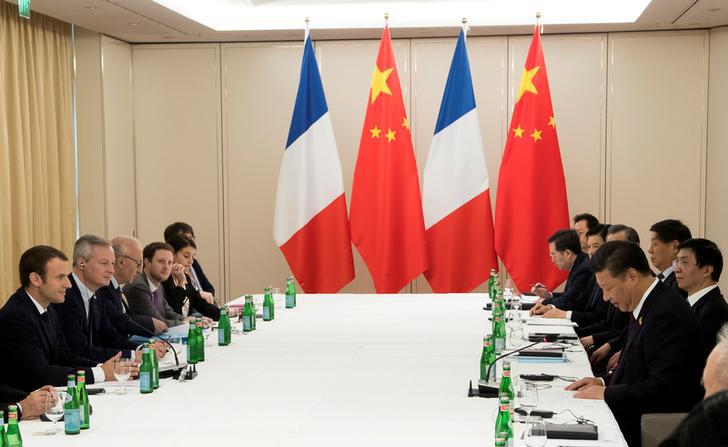By Zak Doffman
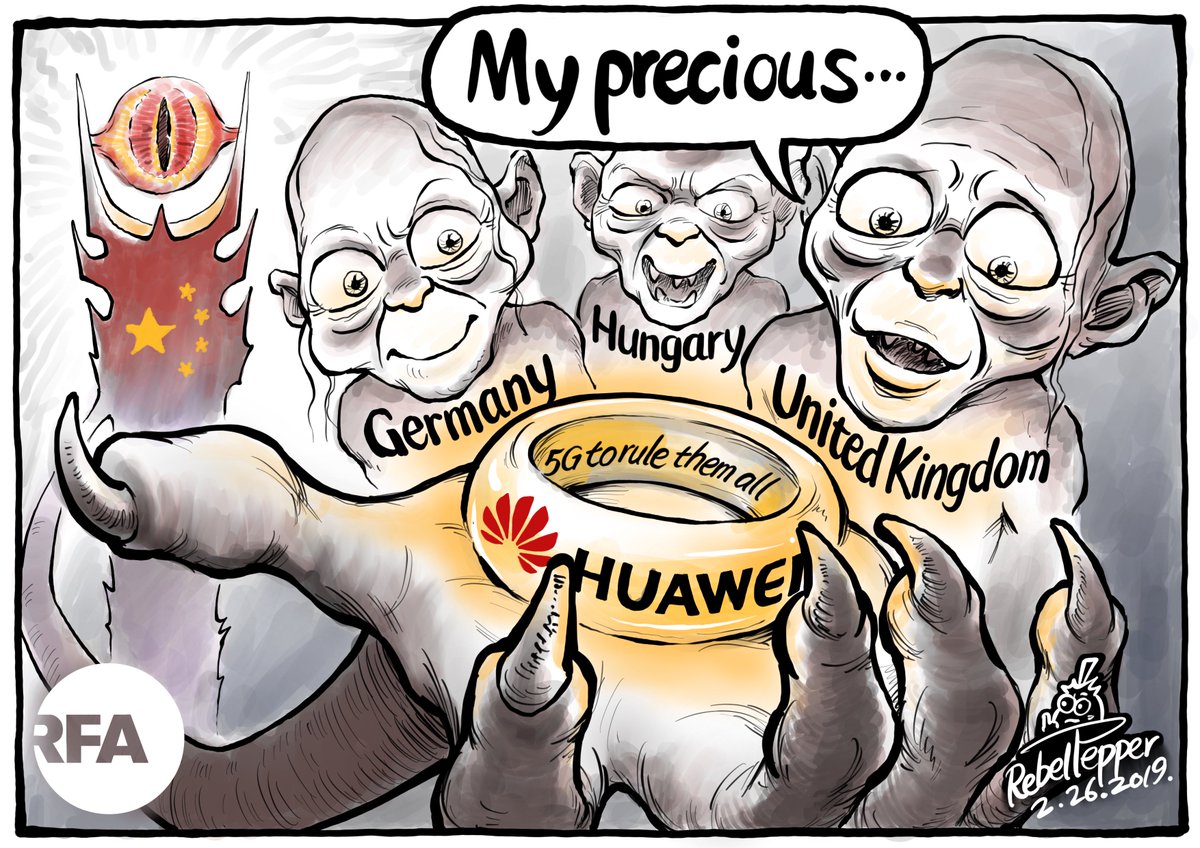
China has issued threats to other countries before, warning of the economic consequences of discriminating against its telco champion Huawei in the award of 5G contracts.
And so it’s little surprise that Beijing has done so once again, this time in France, where multiple media reports suggest a government shutout of the Chinese manufacturer from its network rollout.
What’s different this time, though, is that those threats have been aimed at Nokia and Ericsson, Huawei’s core competition.
“China has always given Nokia and Ericsson fair treatment in the deployment of 5G networks in China,” said a statement on the website of Beijing’s embassy in Paris, “and has even allowed them to take part in the deployment of the core networks.”
In a long statement that ironically claimed that French action would go against “the principles of a market economy and free trade,” Beijing said that any “difference in treatment of companies according to their country of origin will constitute overt discrimination and disguised protectionism.”
And so the threat: “We do not wish to see the development of European companies in the Chinese market affected by the discrimination and protectionism of France and other European countries with regard to Huawei.”
France’s seeming decision to exclude Huawei has been seen in some quarters as a further rebuff to the U.K. and its decision to include the Chinese equipment in a limited capacity, much to the aggravation of the U.S. government and President Trump.
In a long statement that ironically claimed that French action would go against “the principles of a market economy and free trade,” Beijing said that any “difference in treatment of companies according to their country of origin will constitute overt discrimination and disguised protectionism.”
And so the threat: “We do not wish to see the development of European companies in the Chinese market affected by the discrimination and protectionism of France and other European countries with regard to Huawei.”
France’s seeming decision to exclude Huawei has been seen in some quarters as a further rebuff to the U.K. and its decision to include the Chinese equipment in a limited capacity, much to the aggravation of the U.S. government and President Trump.
There is a further irony that Paris can be seen to be taking U.S. warnings more seriously than London. One is Washington’s closest security ally, the other has been much more critical of U.S. security policy in the past.
They seem to have got this the wrong way around.
Confirmation in France that its biggest operator, Orange, had selected Nokia and Ericsson came just days after London’s alternative view made headlines around the world.
Confirmation in France that its biggest operator, Orange, had selected Nokia and Ericsson came just days after London’s alternative view made headlines around the world.
The French decision has become part of an intensifying campaign within the U.K.’s governing Conservative Party, as politicians look to push the government to overturn its decision.
There is genuine alarm in the U.K. at the longterm implications of the decision, to say nothing of the damage it looks set to do to elements of the relationship with Washington.
For its part, Huawei has welcomed the U.K. decision.
For its part, Huawei has welcomed the U.K. decision.
The Chinese embassy statement even referenced the security evaluation center set up in the U.K. to monitor Huawei as an example of how best security practice.
The Chinese statement talked up the technical advantages Huawei has over its European rivals, before reverting to more ominous tones. “China has never shown France the slightest concern about national security—we hope our two countries can maintain mutual trust in these areas.”
In December, I reported that China had been exposed threatening Germany and Denmark with economic penalties if the countries reversed awards to Huawei and followed U.S. advice to exclude the company.
The Chinese statement talked up the technical advantages Huawei has over its European rivals, before reverting to more ominous tones. “China has never shown France the slightest concern about national security—we hope our two countries can maintain mutual trust in these areas.”
In December, I reported that China had been exposed threatening Germany and Denmark with economic penalties if the countries reversed awards to Huawei and followed U.S. advice to exclude the company.
These threats of “serious consequences” were more blatant than this more nuanced tone in France.
But that said, there is obviously a further mix here of company and state, as China lobbies for Huawei this way, mixing business and politics.
But that said, there is obviously a further mix here of company and state, as China lobbies for Huawei this way, mixing business and politics.
This does not help claims of independence.
This is not a country beating its enterprise drum as would normally be the case, this is blunt politics and international influence at work.
This is unlikely to wash well in France, and it may backfire, giving the U.K. hawks more ammunition to use in their campaign against the government.
“This makes no logical sense,” senior Conservative Sir Iain Duncan-Smith wrote in Sunday’s (February 9) Daily Telegraph on the U.K.’s own decision.
“This makes no logical sense,” senior Conservative Sir Iain Duncan-Smith wrote in Sunday’s (February 9) Daily Telegraph on the U.K.’s own decision.
“It is inconceivable that such a decision should be made in the face of all the evidence of the threat that China poses to us and our allies.”
The news from France will no doubt fuel the next wave of such protests.
The news from France will no doubt fuel the next wave of such protests.
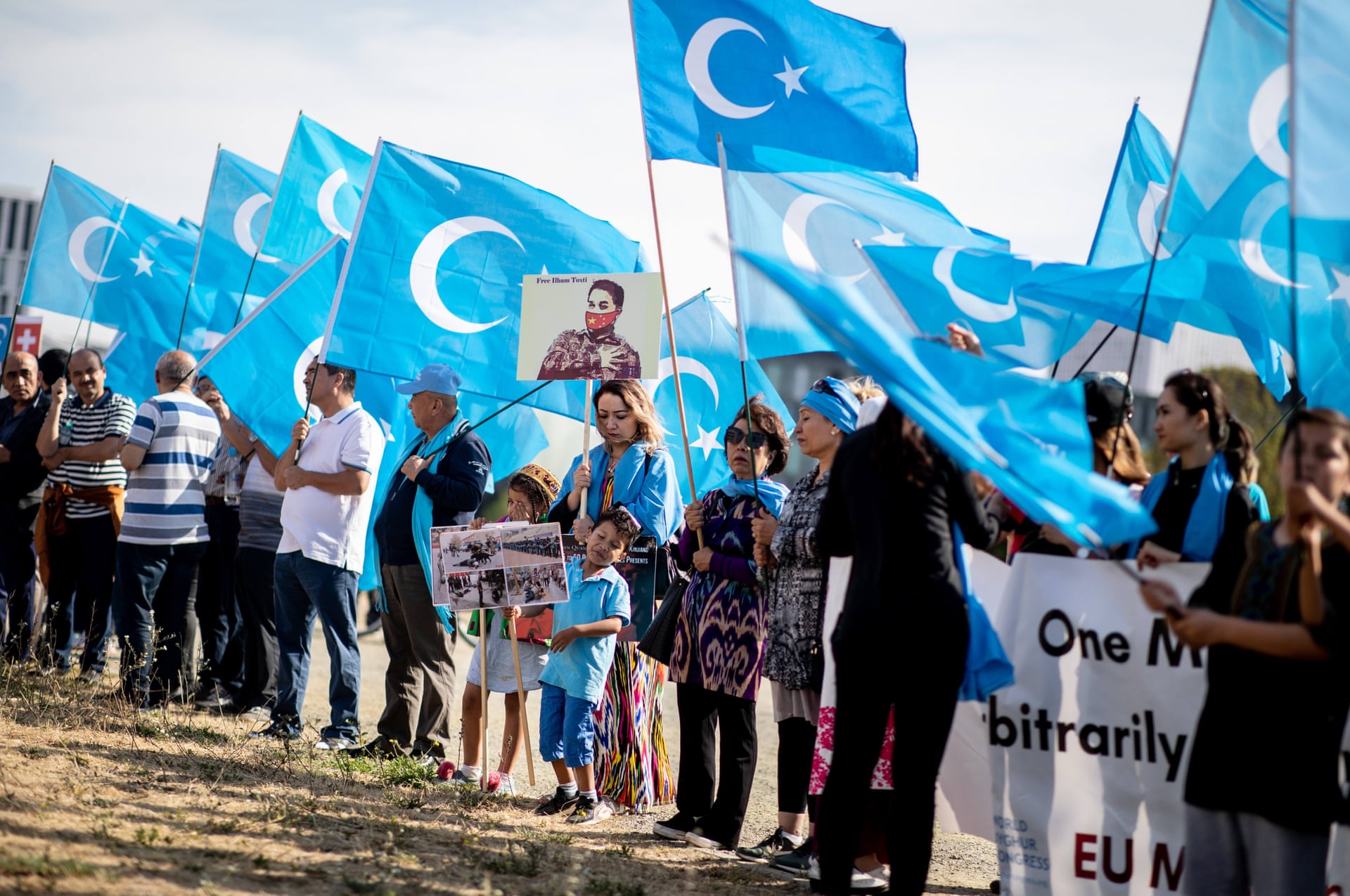
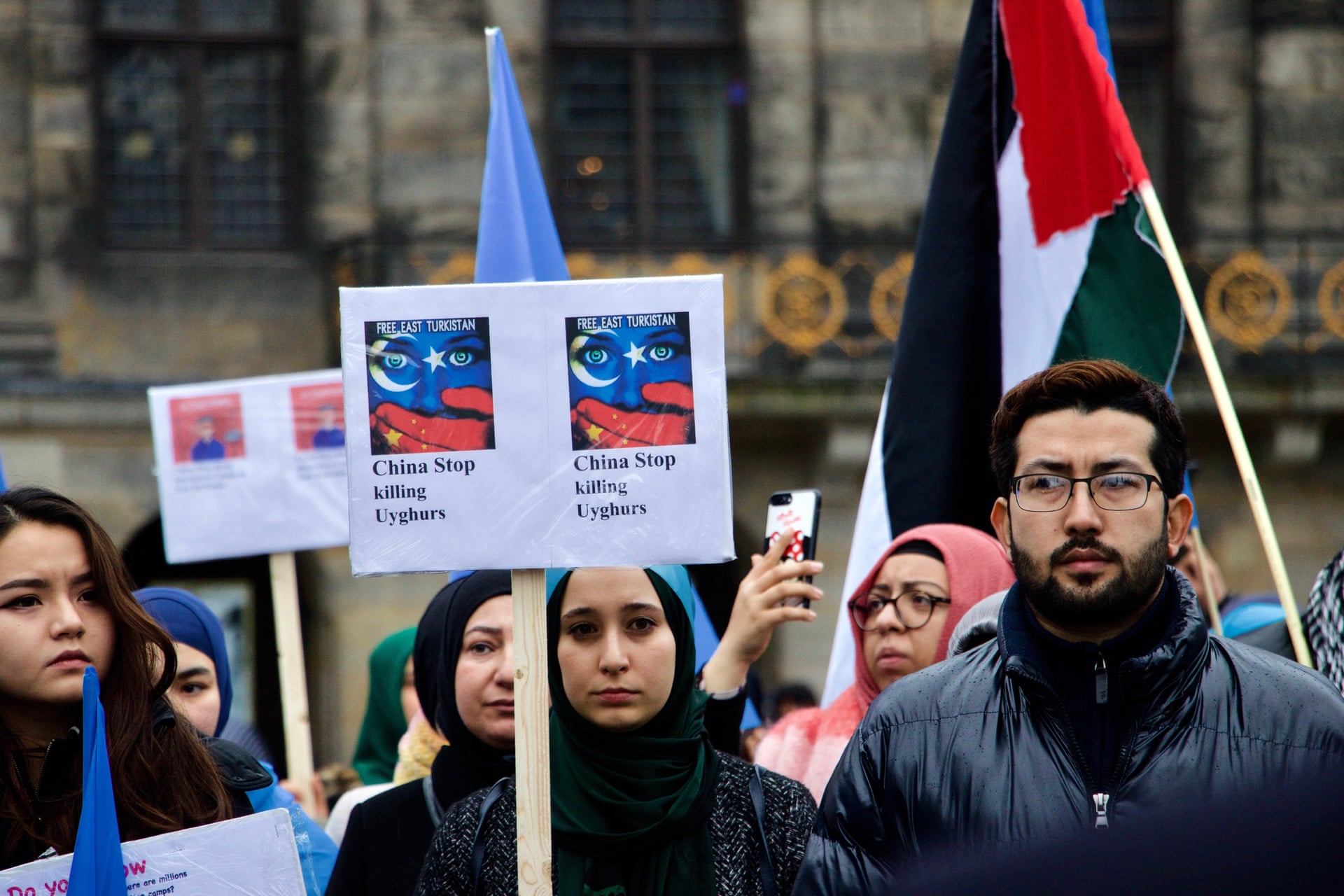















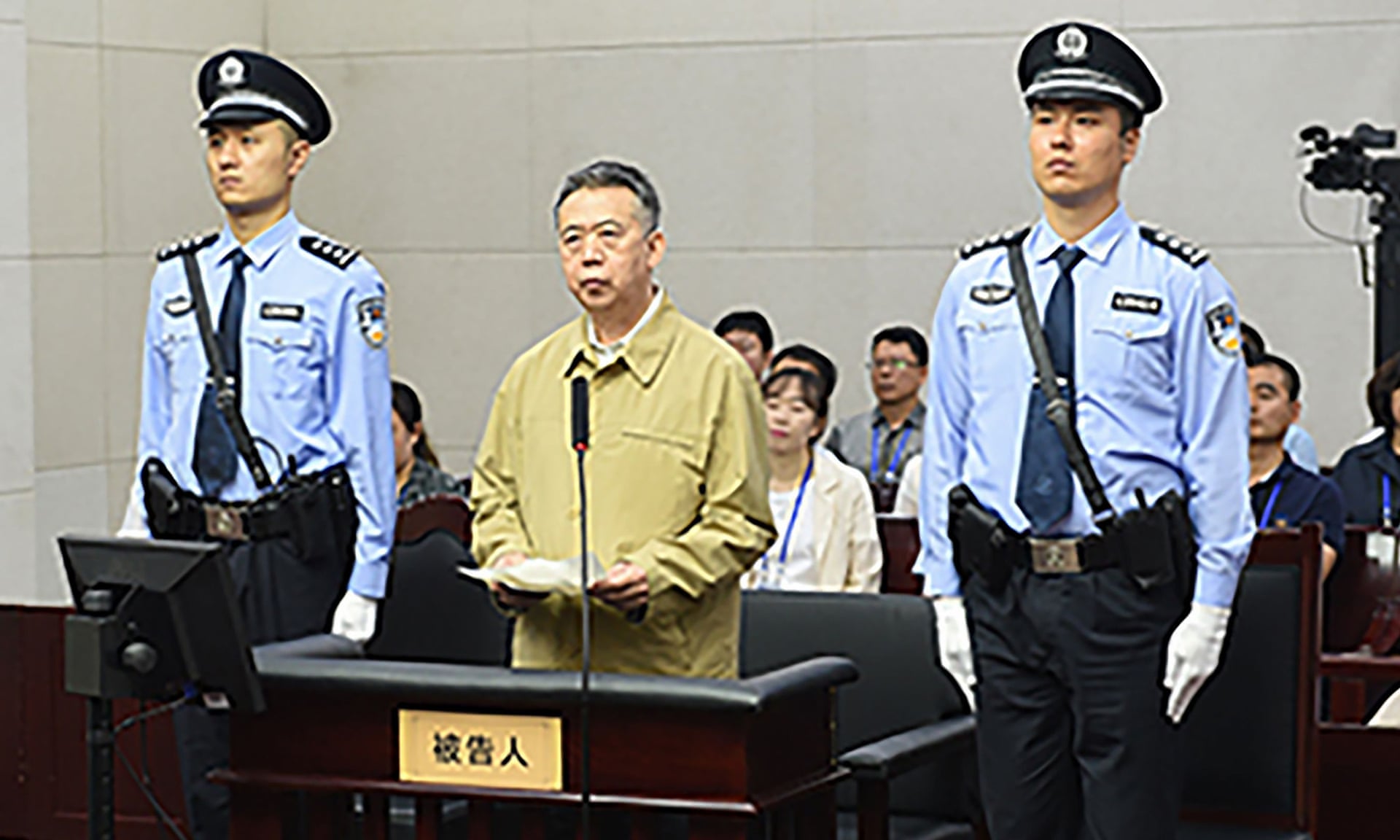
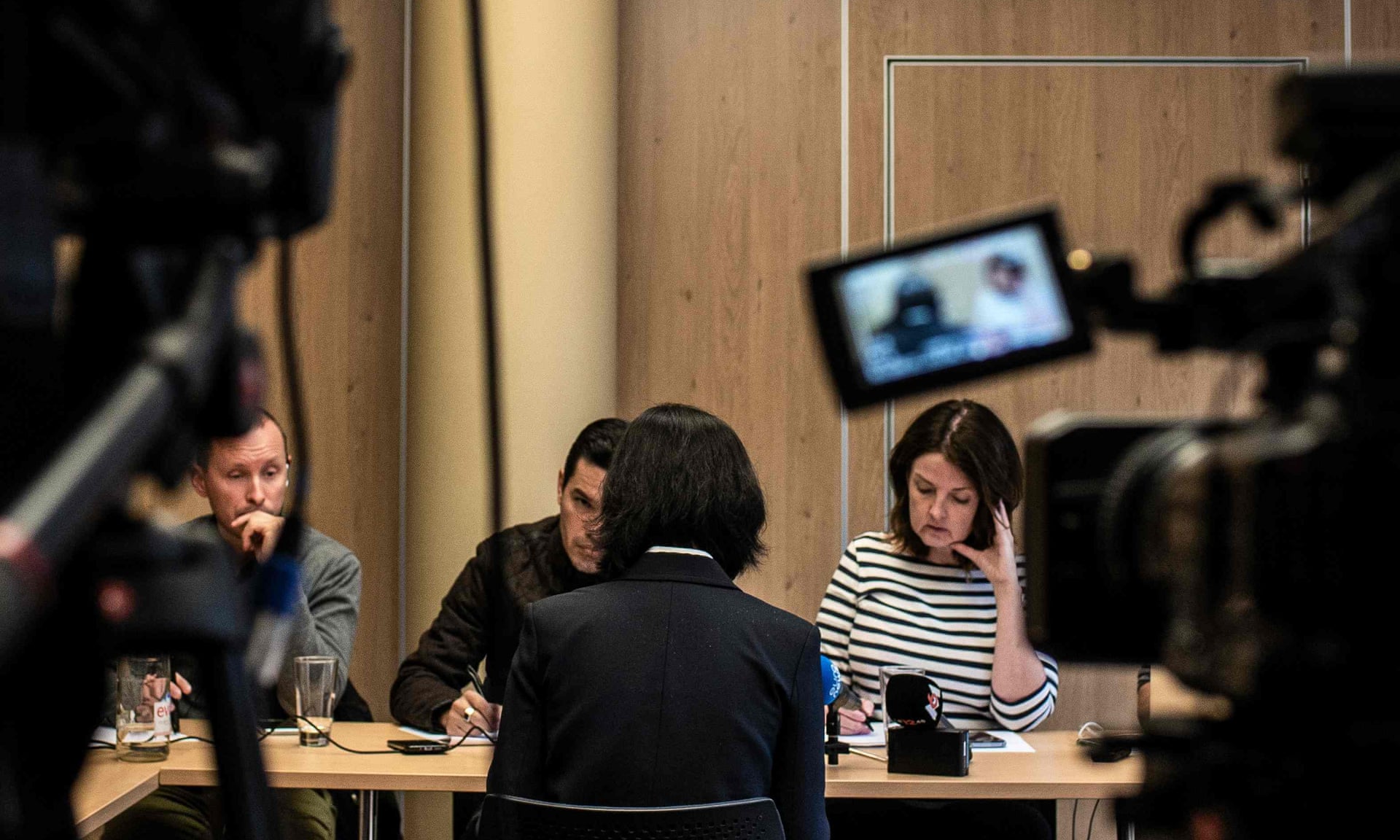









/arc-anglerfish-tgam-prod-tgam.s3.amazonaws.com/public/KK7CBF7T25H3NAJGF4KD5PR5IA.jpg)




